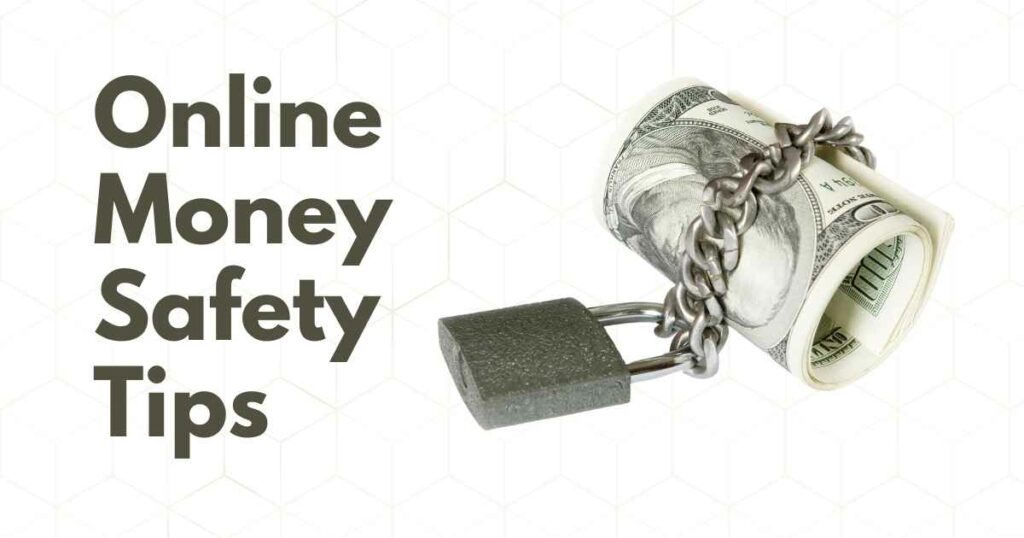Your creditworthiness is represented numerically by your credit score, which is determined by a number of factors including your payment history and credit history. A higher credit score can help you qualify for better interest rates, loans, credit cards, and other financial products.
According to FICO, the most widely used credit scoring model, a credit scores of 800 or above is considered exceptional and indicates that you are a very low-risk borrower. But how can you achieve such a high credit score?
Also Read: How to Increase CIBIL Score from 600 to 750?
Tips to Improve your Credit Score
Here are some tips that can help you improve your credit score or maintain it if you already have a good one.
1. Pay your bills on time
Your payment history is one of the most significant variables influencing your credit score. Paying your bills on time, every time, shows that you are responsible and reliable with your credit. Payments that are made after the deadline can lower your credit score and remain on your record for up to seven years. To avoid missing any payments, you can set up automatic payments, reminders, or alerts for your bills.
2. Keep your credit utilization low
Another key factor that influences your credit score is your credit utilization, which is the percentage of your available credit that you are using. For example, if you have a credit card with a $10,000 limit and a $2,000 balance, your credit utilization is 20%.
A lower credit utilization shows that you are not overusing your credit and can manage it well. Experts recommend keeping your credit utilization below 30%, and ideally below 10%, for optimal credit score results.
Also Read: 10 best Online Business Ideas in India for 2024
3. Have a mix of credit types
Your credit score also reflects your credit mix, which is the diversity of your credit accounts. Having a mix of different types of credit, such as credit cards, loans, mortgages, etc., can boost your credit score, as it demonstrates that you can handle various forms of credit. However, this does not mean that you should open new accounts just to improve your credit mix.
4. Avoid closing old accounts
Your credit score is also influenced by the duration of your credit history. A longer credit history shows that you have more experience and stability with your credit. Closing old accounts can reduce your credit history and lower your credit score. Therefore, it is better to keep your old accounts open and active, as long as they do not charge you any fees or have high interest rates.
5. Check your credit report regularly
Finally, it is important to monitor your credit report regularly and check for any errors or inaccuracies that could negatively impact your credit score. You can get a free copy of your credit report from each of the three major credit bureaus (Equifax, Experian, and TransUnion) once a year at onendf.com. If you find any errors, you can dispute them with the credit bureau and the creditor and get them corrected.
Achieving a credit score of 800 and above is not impossible, but it requires consistent and disciplined financial habits. By following these tips, you can improve your credit score or maintain it at a high level and enjoy the benefits of having excellent credit.
Last Updated on 9 months












